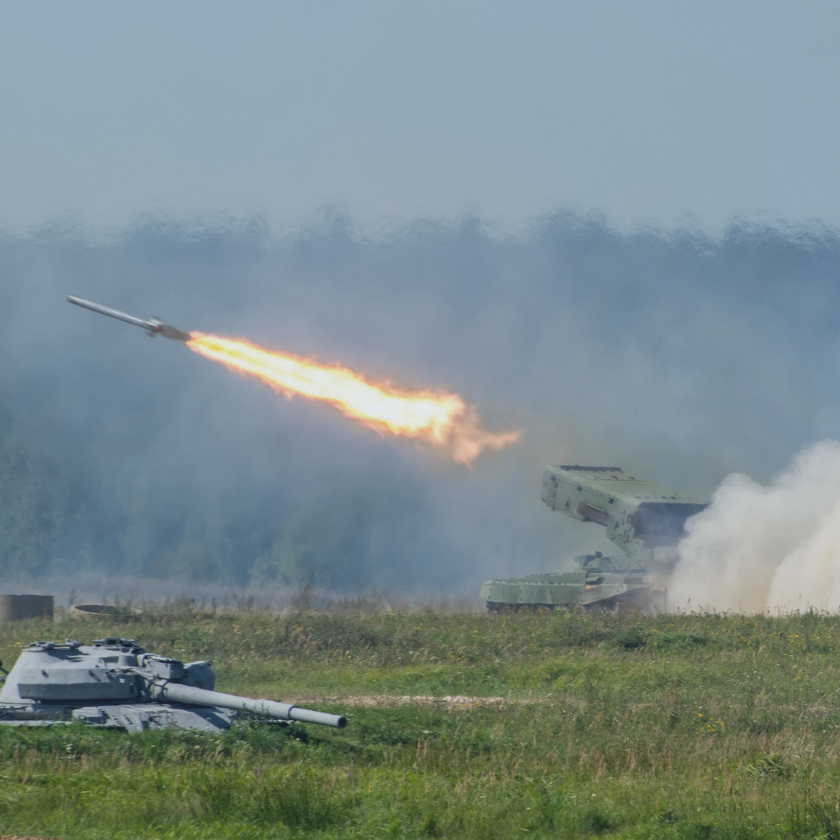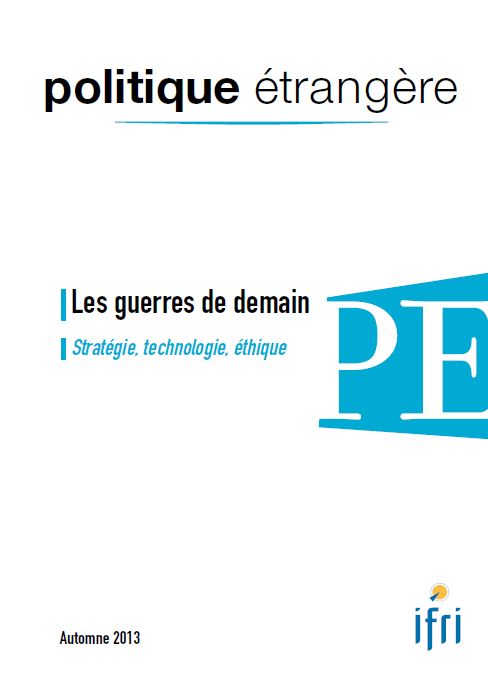War and Armed conflict
The geography and modalities of wars and armed conflicts are evolving in step with the international system. While irregular wars and asymmetrical conflicts persist, high-intensity wars are multiplying, while crises are taking on new forms as a result of hybrid threats.
Related Subjects


The First World War and the Balkanization of the Middle-East
The First World War had tragic consequences for the Middle-East. It led to the partitioning of the Ottoman Empire and the balkanization of the region.

Toujours plus chers ? Complexité des armements et inflation des coûts militaires
While French military expenditures have remained relatively constant over the last ten years, equipment production tended to decrease, resulting in capability gaps. This situation highlights the increasing costs of both acquiring and maintaining highly complex modern military equipment.
Deterring the Weak: Problems and Prospects
Strong states often fail to deter vastly weaker competitors. This paper explores some reasons of this failure and identifies factors that can increase the prospects that deterrence will succeed in these situations.
The Obama Administration and Syria: From "off the table" to on
A quick look at the news dealing with the Syrian uprising the last year shows a slow progression from protests and civil resistance towards violence. The Obama Administration’s policy dealing with what many have called “slow motion revolution” has evolved in fits and starts, with mixed episodes of confusion, assertiveness, denial and drift.
Dancing with the Bear: Managing Escalation in a Conflict with Russia
"Escalation", the tendency of belligerents to increase the force or breadth of their attacks to gain advantage or avoid defeat, is not a new phenomenon. Systematic thought about how to manage it, however, did not crystallize until the Cold War and the invention of nuclear weapons.
Les camps de réfugiés et la guerre : Du sanctuaire à l'enfermement humanitaire ?
Refugee and IDP camps, intended to protect civilians affected by conflicts and natural disasters, have an undeniable strategic importance, and their management can be critical for the resolution of crises.
The French Armenian Diaspora and Turkey: The possibility of dialogue?
For several decades, French persons of Armenian origin have played a special role in Franco-Turkish relations. History explains this. Armenians originally came to France fleeing the massacres at the end of the Ottoman Empire, and for nearly a century they have integrated perfectly into the French social and political landscape, while keeping the memory of past traumas intact. Recognition of the 1915 genocide has been an explicit claim by the Armenian Diaspora scattered across the four corners of the world. In 2001, such recognition was voted by the French Parliament, and has thus become a subject of discord between France and Turkey.
Moldova: A Status Quo of EU Institutional Relations
The barbed wire at the Prut River, on the Republic of Moldova’s (Moldova) border with Romania and, thus, with Europe will be removed by March 2010. This way, the last soviet “wall” will be torn. Maybe this symbolic action will open the door to the European Union (EU).
Violence in the Bush: How International Peacebuilding Faces Land-use Conflicts
Following the conflict in Ituri (1999-2003), the International Community deployed different peacebuilding programs in this north-eastern district of the Democratic Republic of Congo (DRC). Built around a concept of democratic transition at the national level, these programs have not always acknowledged the scale of local conflicts and the fragility of local institutions, which are both the targets and the relay of such programs.
Support independent French research
Ifri, a foundation recognized as being of public utility, relies largely on private donors – companies and individuals – to guarantee its sustainability and intellectual independence. Through their funding, donors help maintain the Institute's position among the world's leading think tanks. By benefiting from an internationally recognized network and expertise, donors refine their understanding of geopolitical risk and its consequences on global politics and the economy. In 2024, Ifri will support more than 70 French and foreign companies and organizations.





